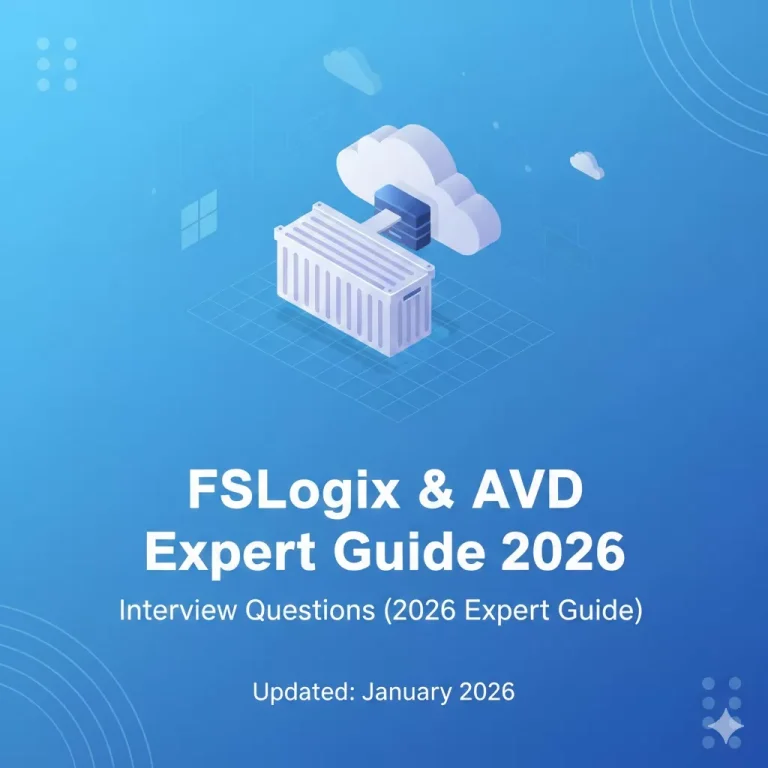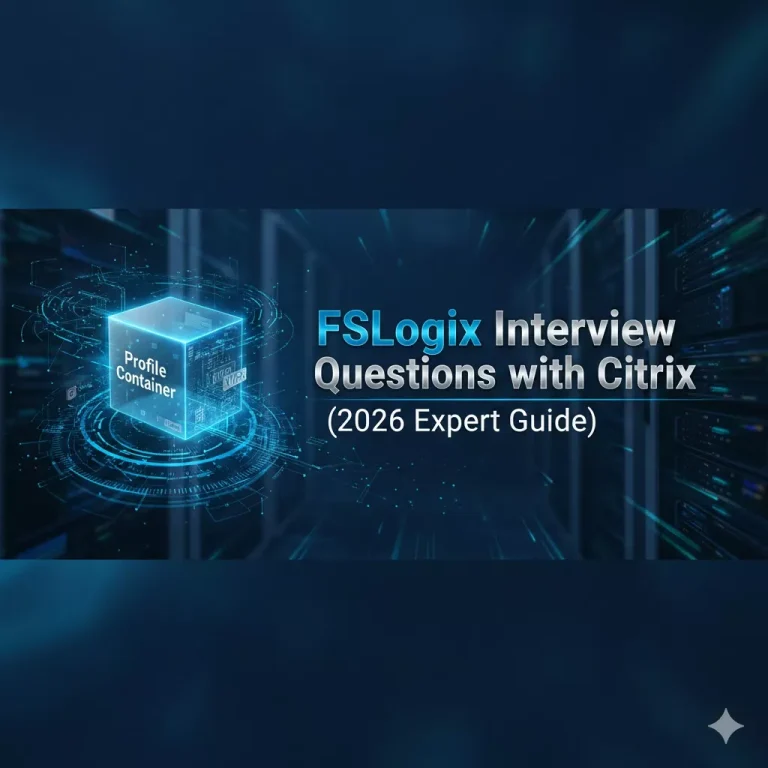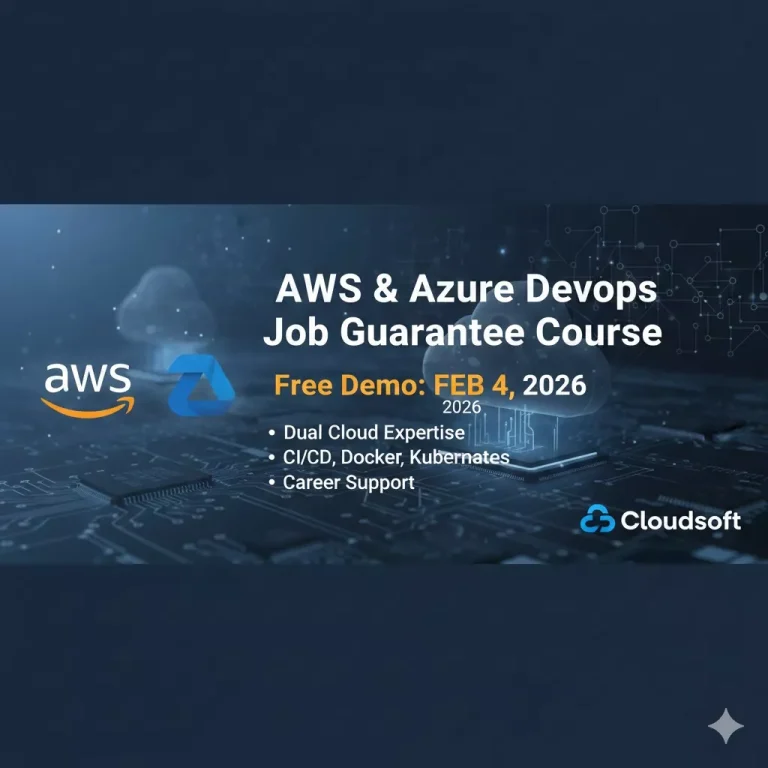1. GitHub Actions Basics
- What are GitHub Actions, and how do they differ from other CI/CD tools like Jenkins or CircleCI?
- Can you explain the core components of a GitHub Actions workflow (e.g., workflows, jobs, steps)?
- How do you trigger a GitHub Actions workflow?
- What are the main types of events that can trigger GitHub Actions workflows?
2. Workflow Configuration
- How do you define and structure a GitHub Actions workflow file?
- What is the significance of the .github/workflows directory in a repository?
- Can you explain the use of jobs, steps, and runs-on in a workflow file?
- How do you pass data between jobs in a GitHub Actions workflow?
- What are some best practices for organizing multiple workflows within a repository?
3. Working with Runners
- What is a GitHub runner, and how does it execute a workflow?
- What is the difference between GitHub-hosted runners and self-hosted runners?
- When would you use a self-hosted runner, and what are some considerations for managing them?
- How do you manage runner-specific configurations (e.g., operating system, software versions) in your workflows?
4. Secrets and Environment Variables
- How do you securely manage sensitive information, like API keys or credentials, in GitHub Actions?
- Can you explain the difference between secrets, environment variables, and encrypted secrets in GitHub Actions?
- How do you access and use secrets within a workflow?
- What are some best practices for handling sensitive data in CI/CD workflows?
5. Reusability and Efficiency
- How do you create reusable workflows or actions to avoid duplication in multiple workflows?
- What are GitHub Actions Marketplace and custom actions, and how do you use them?
- Can you explain the concept of composite actions, and when would you use them?
- How do you optimize the performance and cost-efficiency of GitHub Actions workflows?
6. GitHub Actions for CI/CD
- How do you set up a basic CI/CD pipeline using GitHub Actions?
- Can you explain how to automate the testing, building, and deployment of an application using GitHub Actions?
- How do you manage multi-environment deployments (e.g., dev, staging, prod) with GitHub Actions?
- What are some common patterns for handling versioning and release management in GitHub Actions?
7. Advanced Workflow Management
- How do you use matrix builds in GitHub Actions to test across multiple environments or configurations?
- What is the purpose of needs in a workflow, and how does it affect job execution order?
- How do you handle conditional execution of steps or jobs in a GitHub Actions workflow?
- Can you explain how to use caching in GitHub Actions to speed up builds?
8. Error Handling and Debugging
- How do you handle errors in a GitHub Actions workflow?
- What strategies do you use to debug failed workflows or steps in GitHub Actions?
- How do you set up notifications or alerts for workflow failures or successes?
- Can you explain how to use continue-on-error and if conditions for error handling?
9. Integration with Other Tools
- How do you integrate GitHub Actions with third-party services, such as AWS, Azure, or Docker?
- Can you explain how to use GitHub Actions for automated code analysis or security scanning?
- How do you set up GitHub Actions to work with GitHub Packages or other package registries?
- What are some common use cases for using GitHub Actions with Terraform or other infrastructure as code (IaC) tools?
10. Security Considerations
- How do you ensure that your GitHub Actions workflows are secure and protected from unauthorized access?
- What are some best practices for managing permissions and access control in GitHub Actions?
- How do you handle pull requests from forked repositories in terms of security in GitHub Actions?
- Can you explain the security implications of using third-party actions from the GitHub Actions Marketplace?
11. Case Studies and Scenarios
- Can you describe a complex CI/CD pipeline you implemented using GitHub Actions?
- How did you handle a situation where a GitHub Actions workflow needed to be optimized for faster execution?
- Can you discuss a scenario where you integrated GitHub Actions with multiple services or tools to achieve a specific goal?
- How did you manage and resolve a security issue related to GitHub Actions in a production environment?
12. Best Practices and Troubleshooting
- What are some best practices for managing large and complex GitHub Actions workflows?
- How do you keep your workflows maintainable and readable as they grow in complexity?
- Can you explain how to use GitHub Actions environments and environment protection rules?
- How do you troubleshoot and resolve common issues in GitHub Actions, such as timeout errors or failed builds?
These questions are designed to assess a candidate’s deep understanding of GitHub Actions, their ability to design and manage complex CI/CD workflows, and their experience with integrating GitHub Actions into larger DevOps practices.
4o
6. Monitoring & Logging
- What tools have you used for monitoring and logging in a production environment?
- How would you set up monitoring for a microservices-based architecture?
- Can you explain the difference between metrics, logs, and traces?
- How do you handle log aggregation and analysis in a distributed system?
- What strategies do you use to ensure alerting is effective and reduces noise?
7. Security
- How do you implement security in a CI/CD pipeline?
- What are some best practices for securing a Kubernetes cluster?
- How do you manage secrets across different environments in a secure way?
- What tools and practices do you use to ensure infrastructure security in the cloud?
- How do you perform vulnerability scanning in your DevOps processes?
8. Cloud Services (AWS, Azure, GCP)
- How do you manage multi-cloud environments in a DevOps setup?
- Can you explain how you would use AWS services like EC2, S3, and RDS in a typical application architecture?
- What is the difference between AWS CloudFormation and Terraform?
- How do you implement cost management strategies in a cloud environment?
- What is the role of serverless computing in DevOps, and when would you use it?
9. Scripting & Automation
- What scripting languages do you use for automation, and why?
- Can you describe a complex automation script you’ve written and its purpose?
- How do you handle error handling in automation scripts?
- What is your approach to testing scripts and automation workflows?
10. Collaboration & Communication
- How do you manage communication between DevOps teams and other departments like development and operations?
- Can you describe a time when you had to resolve a conflict between developers and operations?
- What tools do you use to facilitate collaboration in a DevOps environment?
11. Troubleshooting & Problem-Solving
- Describe a time when you encountered a critical issue in production. How did you resolve it?
- What is your approach to troubleshooting performance issues in a distributed system?
- How do you handle a situation where a deployment fails?
12. Cultural and Process Questions
- How do you foster a DevOps culture in a traditional organization?
- What is your approach to implementing DevOps practices in a team that has never used them before?
- How do you measure the success of a DevOps transformation?
Need job in Cloud and Devops Join Cloud Soft Solutions – Call +91 – 9949616388





